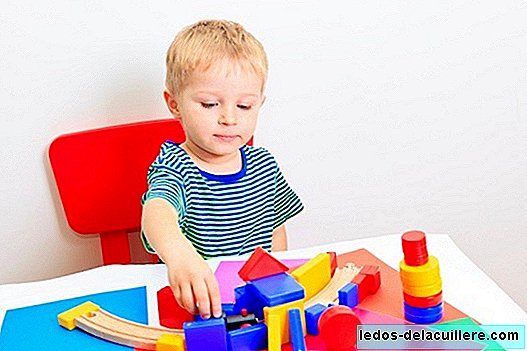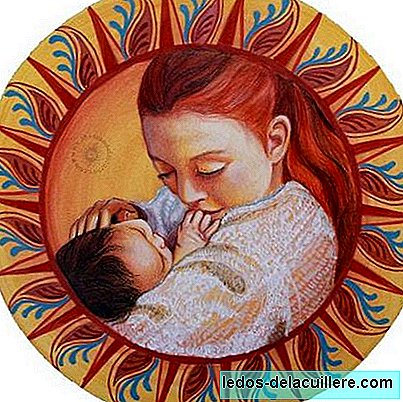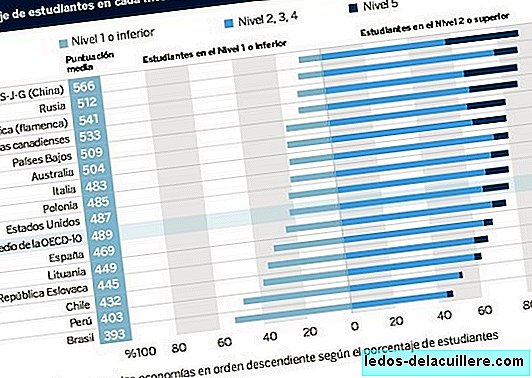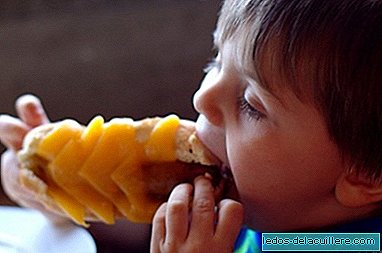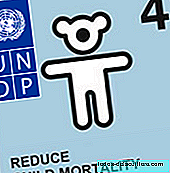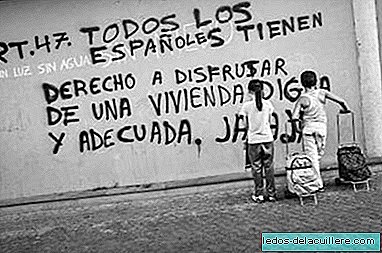
According to the latest UNICEF data, 2.3 million children live in Spain below the poverty line, a sad reality that we have closer than we imagine. Almost one million families with children have unemployed adults. All of which causes diverse problematic situations, from hunger to evictions, from social dining rooms crowded with lack of education ...
The project of the Spanish photographer Aitor Lara, carried out in different popular neighborhoods and children's social centers of Seville and Madrid, has been awarded by the jury of PHotoEspaña for reflecting the situation of many children in our country.
The series is called "Child poverty in Spain" and the words of its author make it clear that he wanted to take another step in recognizing this situation, sometimes hidden, sometimes ignored, of so many children in our towns and cities:
The stories reflected in the selected photographs respond to a problem that today affects 2,826,549 children in Spain, that of poverty and social exclusion. The children of Spain are citizens of the present and key actors of the future of this country, society must become aware at all levels of the seriousness of the matter. The economic crisis has exposed many families to a decrease in their income, which has triggered indicators of poverty and social exclusion. It is a severe situation that occurs in the daily life of children, becoming an obstacle to the enjoyment and exercise of the essential rights (housing, food, education, health, etc.) recognized in the Convention on the Rights of the Child.
Some photographs impress, like that of a child trying to reach a yogurt in a semi-empty refrigerator, and without a doubt the black and white is the one that best expresses a disconsolation and rather pessimistic situation at the moment.
We like to recognize this photographic work that shows child poverty in Spain because it is one more way of not forgetting that the problem exists, although I would be much happier when the poverty data really begins to decline and there are fewer children at risk of exclusion, less sad, hungry and unhappy children.


